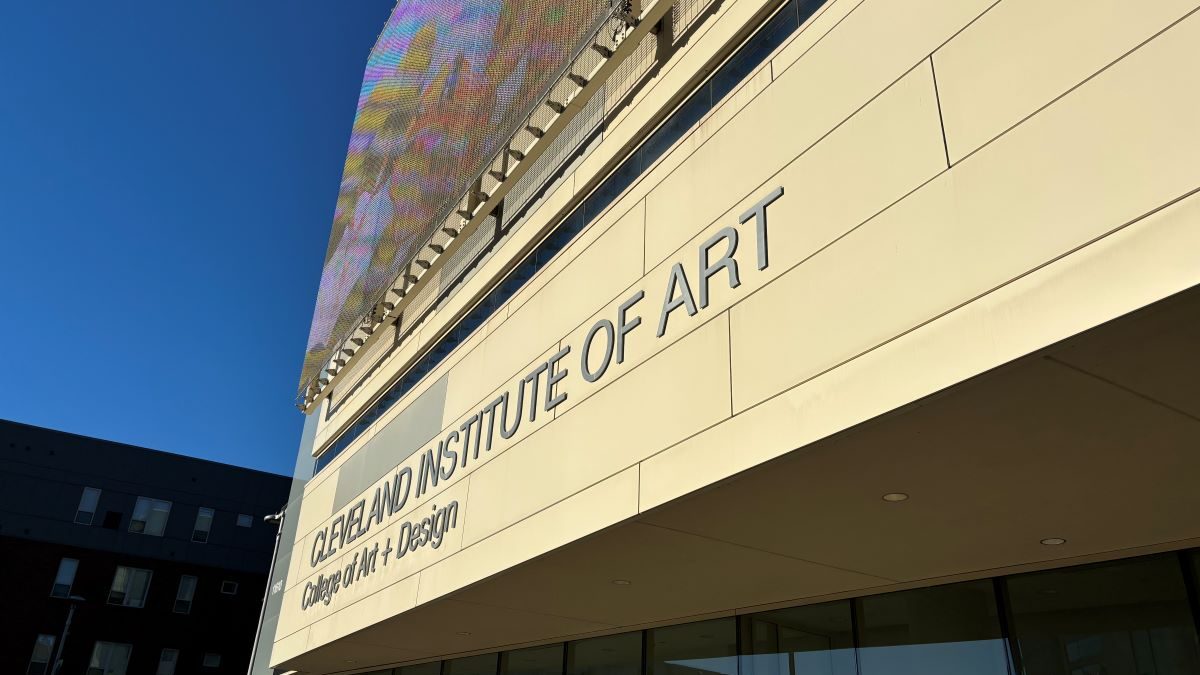
Over at Alternet.org, writer Andrew Bacevich has published an article which reflects the anxiety many are feeling today–on January 20, 2025. But he takes time not only to criticize the incoming administration, but also throws shade toward Martin Luther King, Jr–on the man’s birthday and the national holiday, of all days.
It’s the article’s second heading that’s most interesting–“The End of the End of History”.
To quote Bacevich:
“It’s time to consider the possibility that all too many of the very smart, very earnest, and very well-compensated people who take it upon themselves to interpret the signs of our times have been radically misinformed. Simply put: they don’t know what they’re talking about.”
He’s referring to the predictions made about the future after the Fall of the Berlin Wall in 1989. And he’s right–at the time, writers and thinkers became very assured in their predictions that the biggest problems in history had been solved.
In 1989, author Francis Fukuyama put it thus:
“The triumph of the West, of the Western idea, is evident first of all in the total exhaustion of viable systemic alternatives to Western liberalism.”
Triumph is what you hope to do in a prizefight. Fukuyama meant that communism would soon collapse because it had been knocked out (not a surprise). Meanwhile, in the global ring, the arm that would be raised and declared the winner represented democracy, freedom, and capitalism. Which are all good things. American things.
Now we seem ready to vacate the win, look back at the grainy photos, and criticize the ringside judges.
A lot of this has to do with the problem of prediction. It’s easy to look back and see the problems along the way that led from that moment to now–and Bacevich does just that. We have a long list of problems, accumulated over the years since 1989. We have many leaders that say they’re going to solve them. But the question remains, why didn’t anyone see these things coming?
What’s helpful to remember is that the voices most heard after a victory are those sitting ringside. Under the lights themselves, they’re the people closest to those in power, but farthest from the problems of everyday people–the one’s who’ve been promised a bright future. For many, this never arrived. So they’re searching for answers, but probably aren’t going to find them among the options being offered. Which means the searching will continue.



